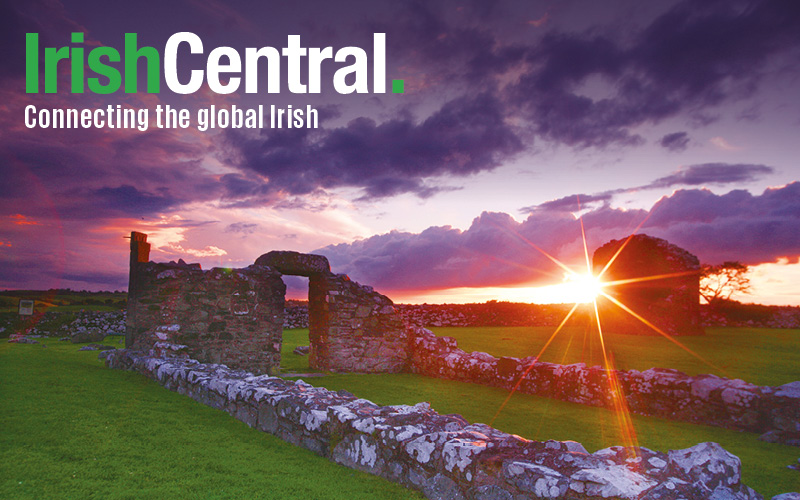Irish Prime Minister Enda Kenny's sharply critical remarks of the Irish Catholic Church today will undoubtedly be remembered as a milestone moment in the history of Modern Ireland.
The scathing comments, which even prompted a response from the Vatican, seem set to serve as a long overdue curtain-call to a longstanding government policy of reverential deference to the Catholic Church that has its roots in De Valera's first controversial inclusion of a reference to the Church's 'special position' within Irish society in the Free State's first constitutional document, and which has been obsequiously followed by more or less every successive government since.
It's also a minor though undoubtedly importantly symbolic message to the hundreds of broken lives ruined by sexual abuse, as documented in the pages of the just-released and totally damning Cloyne Report, that one of the country's most powerful institutions is no more above the law than the man on the street, and will perhaps also afford them a small sense of vindication in the knowledge that the Government and law enforcement agencies are finally on their side, or sitting at least, as of course they also should have been, on the fence of law and justice.
The Prime Minister also made an unusually cutting remark about the Vatican's supposed control of Irish religious sovereignty, at least in the life of its mostly Catholic adherents - not so long ago, perhaps, a taboo question to raise even in itself - expressing his amazement that the type of obstruction to justice so rawly documented in the Report had taken place just three years ago, rather than three decades.
The Taoiseach (Prime Minister)also sent an unambiguous message to the Church's domestic agents that the sort of responsibility shirking they've been notorious for up to now would no longer be left continue. Kenny's language, directly attacking the 'disconnect, dysfunction, elitism, and narcissism' in the Church left few in doubt as to whom it was directed.
Most of all, though, the broadside was notable for the utter frankness of its criticism, shorn of all the marks of respect and reticence that have colored previous governments' dealings with the Church and the Vatican, once such a pervasive force in almost every facet of Irish life . It was a criticism without precedent in Irish history, but one which we can expect many more of.
As the comments also follow closely in the wake of Education and Skills Minister Ruairí Quinn's recent persistent pressing of sex abusing institutions for monetary compensation to abuse victims, it's fast becoming obvious that the Cabinet is clearly engaging in a collective effort to ensure it sends a clear message that it's the Government, and not the Church, that's now running the show in Modern Ireland.
Respect for all religions is a key principle for any modern democracy to follow, but showing special deference to none would seem like a logical corollary.
The days of the 'special position' seem well and truly over. It's undoubtedly for the better.




Comments